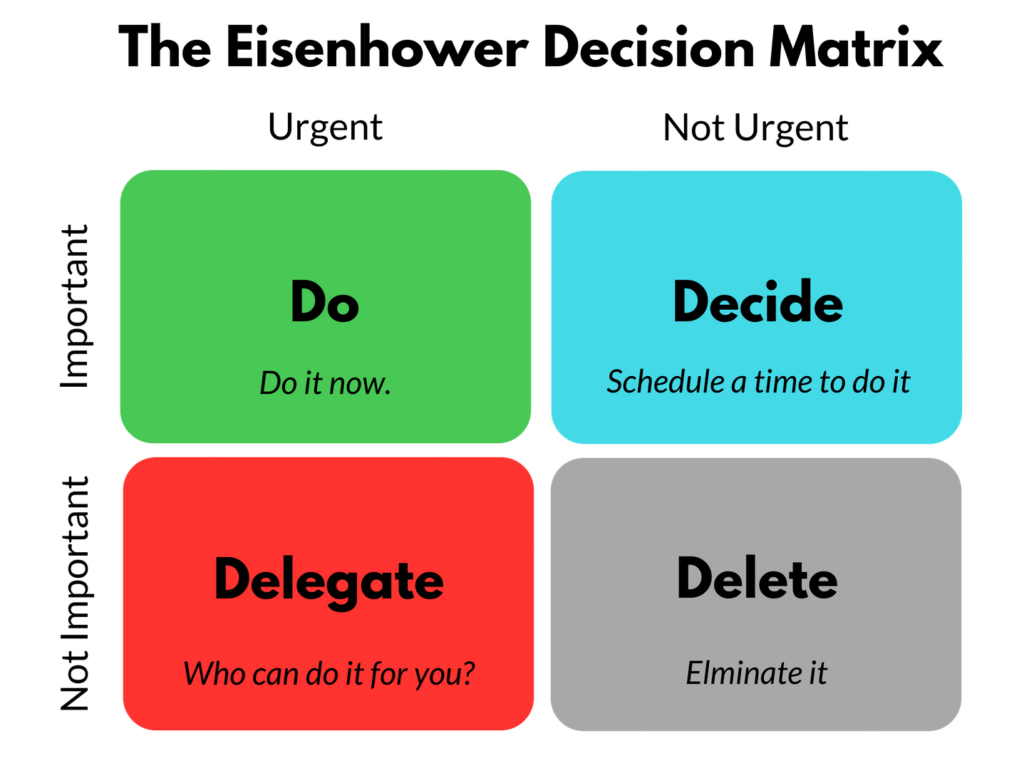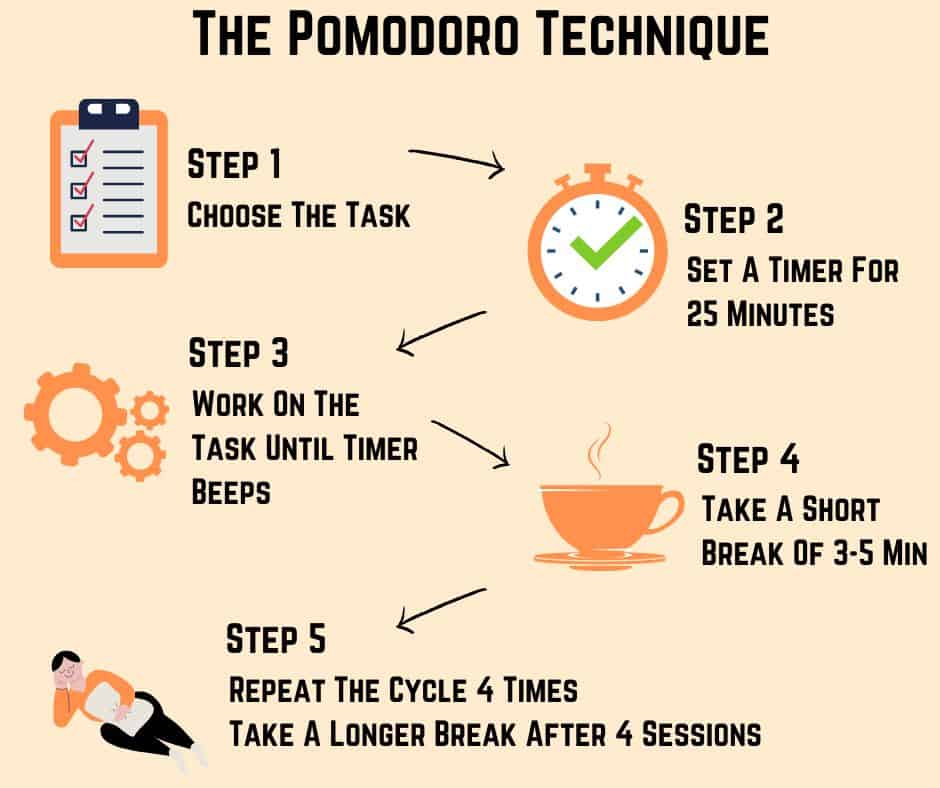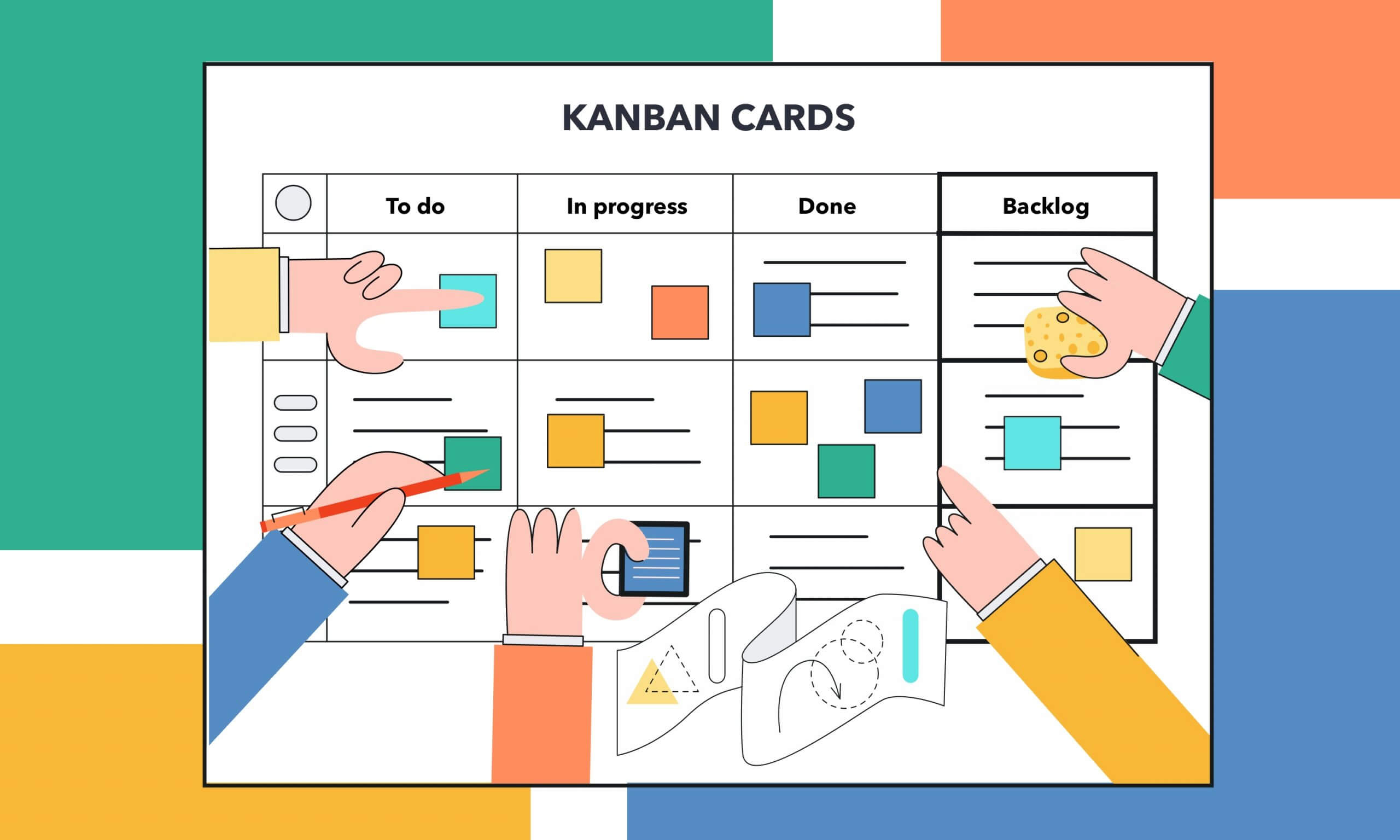
The popular concept nowadays: Time management. You’ve often come across this term recently, haven’t you? Why might it have become popular lately? Maybe it is due to the fast life brought by the 21st century, maybe due to the development of technology, maybe because people can reach us easily as a disadvantage of technology. No doubt time is an invaluable resource in today’s conditions where competition is higher than ever, so we need to apply time management techniques.
We all have 24 hours per day. This is a subject that which all people are equal. Just like a millionaire has 24 hours, also a normal person has 24 hours. We can’t buy the time through money, we can’t save or turn it back. All we can do is make the most of our time. Although we all have 24 hours, we can actually have more time than others, depending on whether we manage it well or not. Anyone who works professionally must plan and use their time wisely. Time management will give you peace of mind and make you realize how long 24 hours actually are. Otherwise, you may have to face some disturbing situations. This lack of planning leads to a number of undesirable consequences. Some of these are those:
- Higher stress level
- Low quality of work
- Missed appointments
- Weakening of professional reputation
- Loss of personal trust and so on.
If we don’t make our own plans and manage our time, we will likely find ourselves following other people’s plans and getting lost in this vicious circle.
Considering how intertwined work and private life are, we should not forget that failure to manage time effectively can lead to not being able to advance in our career and therefore unhappiness in private life.
Time Management Techniques
There are several techniques for managing time. In this article, we will talk about the most important ones.
Eisenhower Matrix

This technique named after from Eisenhower who was the president of the USA for two terms between 1953-1961. This technique is simple to use. The Eisenhower Matrix divides the work that needs to be done into 4 parts: These parts are in the form of “Urgent- Not Urgent and Important- Not important”.
First of all, we should rank the tasks to be done in order of importance. If we don’t have a priority, we can lose our motivation just as we waste time trying to do more than one thing at the same time. With the Eisenhower matrix, we divide the works/tasks we intend to do into 4 categories in order of importance.
- Urgent- Important: These are the works we need to do right away. They come first rank in priority.
- Not Urgent- Important: This part is used to indicate important tasks that need to be done in the long run. It involves the works that need to be done in a certain time, even if it is not urgent.
- Not Important- Urgent: In general, things such as urgent e-mails and telephone calls that come suddenly are included in this section.
- Not Important – Not Urgent: You’d better do it, but even if you do, things that won’t make a big difference in your life are included in this section.
Pomodoro Technique

The Pomodoro technique is one of the most preferred time management techniques. Pomodoro means tomato in Italian. Italian Francesco Cirillo created this technique inspired by the tomato-shaped timer used in kitchens and called it pomodoro. The Pomodoro technique is a simple and effective technique used by those who have difficulty in time management and working efficiently.
Here’s how the Pomodoro technique works: Short study sessions followed by a break. Short study sessions takes 25 minutes and mini breaks take 5 minutes. The process of 25 minutes of work and 5 minutes of mini-breaks creates a pomodoro. When 4 pomodoros are completed, there is a long break of 20-30 minutes. 8 to 16 pomodoros per day is considered ideal. Accordingly, it is possible to work up to 4 or 8 hours a day.
For the Pomodoro technique to work, you need to be fully engaged in your work during the 25-minutes working period. During this time, any distractions should be kept away from the work area so that your productivity will be increase. Not starting the work that will be left unfinished during the 5-minutes breaks will again be effective in terms of productivity. In 5 minutes breaks, you can exercise or listen to music.
Kanban Technique

The Kanban technique was developed by a Japanese engineer working at Toyota in the 1940s. This technique, which was used to facilitate the workflow in the factory at that time, can be used in every business field today.
There are 3 main titles in this time technique:
- First, the “To Do” heading is created and the items to be done are listed under it.
- In the second part, the works you are currently doing are listed under the heading “What I Have Been Doing”. The works that were previously included in the “To Do” section and are currently being done are also recorded under this heading.
- The last title is the section where the completed works are collected. When the work in the “What I’m Doing” section is completed, it is written under this heading. Purpose of this; Motivating us to get other work done by enabling us to see the completed work.

Critical Points In Time Management
- Set a target
- Define your the best productive times
- Wake up early and make a list of things to do during the day
- Divide work into small sections
- Mark your work to be done as priority, urgent, unimportant and unnecessary
- Don’t postpone, do it right now
- Give yourself or your team small rewards when things are done
- Don’t be a perfectionist just start from somewhere, more will come
- Define deadlines of your works
- Learn to say no
- Most importantly, know yourself. Watch yourself for a day, thinking about how many hours you spend on every single tasks. Then create a priorities list and apply it.
If we want to spend our lives in a more peaceful, enjoyable and stress-free way, we should use our time, which is our most precious asset, well. While doing this, we can make our work easier by choosing the most suitable time management techniques for us.
Although time management may seem like an abstract word, it is more valuable than most tangible assets. Remember that all people have the same 24 hours just like yours. Focus on the goal you set and stay away from distractions. Do not concentrate on multiple tasks at the same time, this will slow you down and result in poor quality work. Fulfill the requirements of time management techniques. For instance, In the Pomodoro technique, you must give your full concentration to your work for 25 minutes. If you don’t want to stick to a technique, you can create your own method by tracking your time for a day.
To sum up, time management is a priceless asset. Remember, all people have 24 hours, manage your time and organize your life with efficient time techniques.
